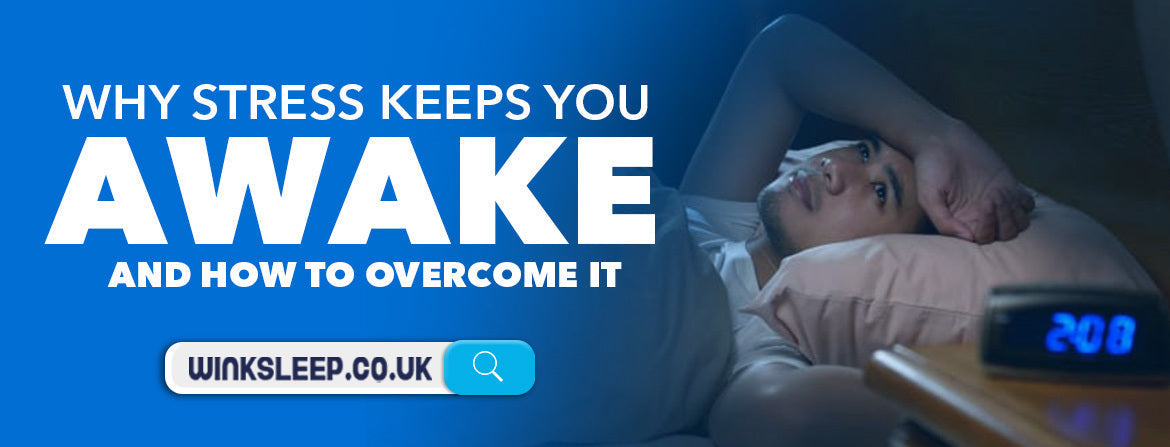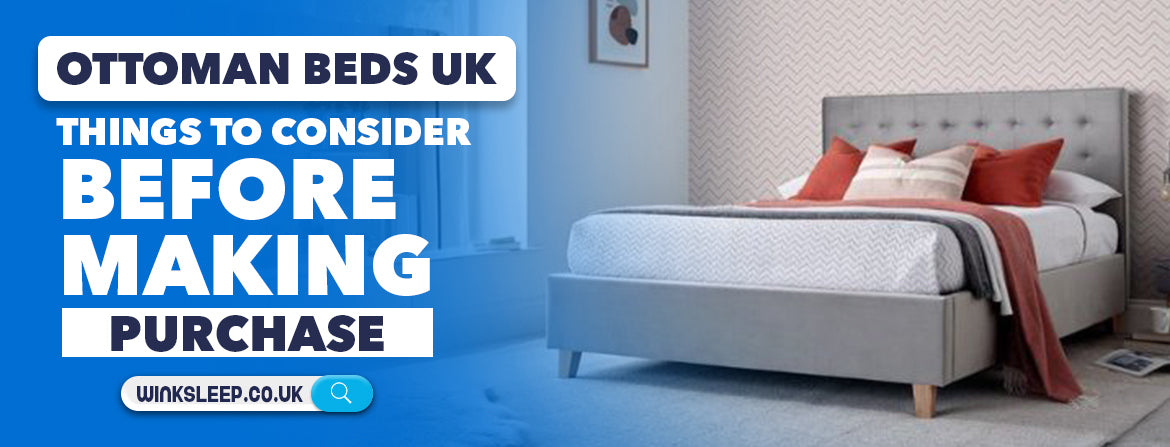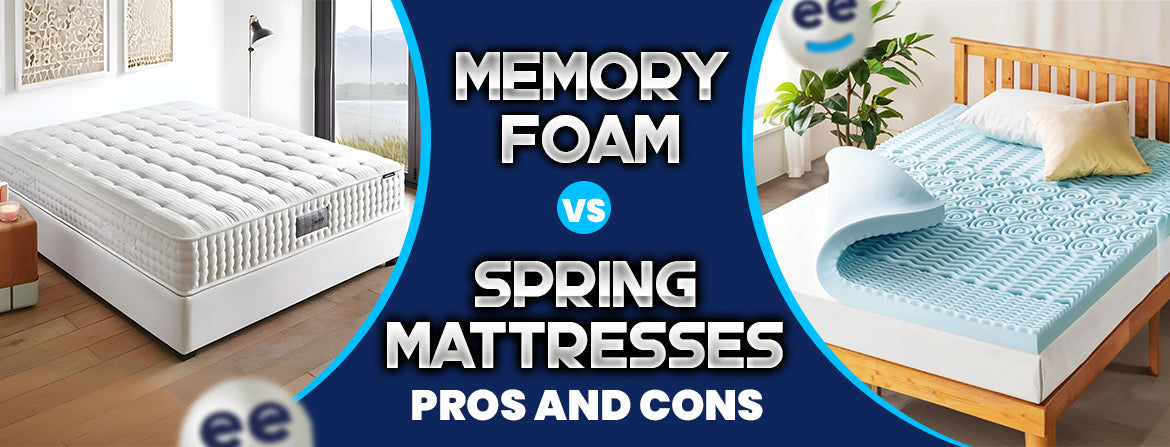If you're not sleeping well or wake up sore, your mattress could be the culprit. Two popular options are orthopaedic and memory foam mattresses. The decision that is best depends on your personal needs, as each offers unique benefits for different sleepers.
Orthopaedic mattresses are hard and help keep your spine straight, which gives your back good support. Memory foam mattresses are soft; they hug your body's curves and ease pressure.
We'll explain all about both mattresses. We'll check out their pros and cons, and who they're best for, so you can pick the right one.
What is an Orthopaedic Mattress?
An orthopaedic mattress is just a firm bed made to give your body the proper support while you sleep. The ‘orthopaedic’ part comes from medicine, meaning it helps keep your bones, joints, and spine healthy.
Think of it as a ‘no-fuss’ bed. It doesn't sink in when you lie down; instead, it stays firm and supports your weight. This helps keep your spine straight, like when you stand up tall.
These mattresses usually have:
- Strong springs that don't squish easily.
- Firm foam layers for solid support.
- Natural latex that's supportive and a bit bouncy.
- Different layers work together to make a really solid sleeping surface.
What is a Memory Foam Mattress?
A memory foam mattress feels like sleeping on a cloud that remembers your body shape. When you lie down, the foam slowly moulds around your curves and stays that way until you move. It's called ‘memory’ foam because it conforms to the shape of your body, much like your own memory.
What's cool about memory foam is that it shares your body weight across the whole mattress. This takes pressure off your joints, like your hips and shoulders, and can improve your blood flow during the night.
- Regular memory foam (the original kind that can get warm)
- Gel memory foam (has cooling gel mixed in to stay cooler)
- Plant-based memory foam (made from natural materials and sleep)
Orthopaedic Mattresses: Pros and Cons
Every type of mattress has its pros and cons, and orthopaedic mattresses are no exception. Let's explore what makes them a great choice for some and what might not suit everyone.
The Good Things About Orthopaedic Mattresses
- Your back gets the support it needs because these mattresses keep your spine straight all night long.
- They last for years because the firm materials don't break down or sag as quickly as those of softer mattresses.
- You won't roll off the edges since orthopaedic mattresses stay firm right to the sides, giving you a whole sleeping space.
- Heavier people get better support because the mattress doesn't sink in too much under extra weight.
- You'll sleep cooler because air flows through the firm materials better than in soft, squishy mattresses.
The Not-So-Good Things About Orthopaedic Mattresses
- They might feel too firm if you're used to a soft bed.
- Your hips and shoulders may feel uncomfortable since the mattress doesn't provide much cushioning.
- It takes a while to get used to the firmness; you might feel stiff at first.
- You might feel your partner move more because there's less soft padding.
- They can be pricier to buy, but they usually last longer.
Memory Foam Mattresses: Pros and Cons
Just like orthopaedic mattresses, memory foam has amazing benefits and some drawbacks, too. Here's what you can expect from sleeping on memory foam.
Benefits of Memory Foam
- It cushions your hips, shoulders, and other sensitive areas so your pressure points feel great.
- You won't feel your partner moving because the foam stops motion from spreading.
- The mattress hugs your body's shape, giving you personalised comfort.
- It eases joint pain and arthritis by removing hard pressure on sore spots.
- You can pick different levels of firmness, from soft to medium-firm.
Drawbacks of Memory Foam
- The foam can trap your body heat, making you feel warm.
- It's slow to change shape, so you might feel stuck when you try to move.
- You might sink in too deep, especially if you're heavier.
- New mattresses can have a chemical smell for a while.
- Good ones can be pricey, and cheaper ones might not last.
What To Consider When Deciding?
When picking between an orthopaedic and memory foam mattress, don't just go by the name. You should think about what you need, how you sleep, and your daily life. Here are the most important things to consider before you decide.
Your Personal Sleep Needs
Think about how you sleep – on your back, side, or stomach – as each needs a different kind of mattress support. Also, consider any aches or health problems you may have, such as back pain or arthritis, as these may require a special mattress. Lastly, ask yourself if you get hot or cold when you sleep; this will help you pick a mattress that keeps you at the right temperature.
Your Living Situation
If you share your bed, consider your partner's sleep preferences. You both need to be comfortable with the mattress you pick. Also, consider whether you or your partner often toss and turn. If so, you'll want a mattress that stops motion from disturbing the other person. Finally, consider how hot or cold your bedroom gets throughout the year. This can affect the type of mattress that's best for you.
Who Should Choose an Orthopaedic Mattress?
Orthopaedic mattresses aren't for everyone, but they're perfect for certain types of sleepers. If you fit into any of these categories, an orthopaedic mattress might be exactly what you need for better sleep.
You're Perfect for an Orthopaedic Mattress If:
- You sleep on your back most of the time and need firm support to keep your spine straight.
- You're a stomach sleeper who needs a firm surface to prevent your hips from sinking too low.
- You wake up with back pain or stiffness and think your current mattress might be too soft.
- You're on the heavier side and need a mattress that won't sag or lose its shape under your weight.
Who Should Choose a Memory Foam Mattress?
Memory foam mattresses work wonderfully for specific types of sleepers who need extra comfort and pressure relief. Here are some conditions for which memory foam may be suitable.
- You often sleep on your side and need a softer surface for your hips and shoulders.
- You wake up with sore spots or feel your current mattress is too firm on your joints.
- You have conditions like arthritis or fibromyalgia that make you sensitive to pressure and need gentle support.
- You share your bed with a partner who moves a lot, and you want to feel their movements less.
You may also like to read: Why use a mattress topper? Are they worth it?
Final Thoughts
When picking a mattress, it really boils down to what your body needs and how you sleep. Orthopaedic mattresses are firm and give strong support, keeping your spine straight. They're ideal if you sleep on your back or need extra firmness. Whereas memory foam mattresses hug your body, easing pressure on your joints. So, before you decide, think about how you usually sleep, any health concerns you have, and what feels comfortable.
 Build Your Bed
Build Your Bed
 Request FREE Swatches
Request FREE Swatches
 Fast Delivery on Every Product
Fast Delivery on Every Product  Klarna 0% Finance
Klarna 0% Finance 5 Year Manufacturer's Guarantee
5 Year Manufacturer's Guarantee 








